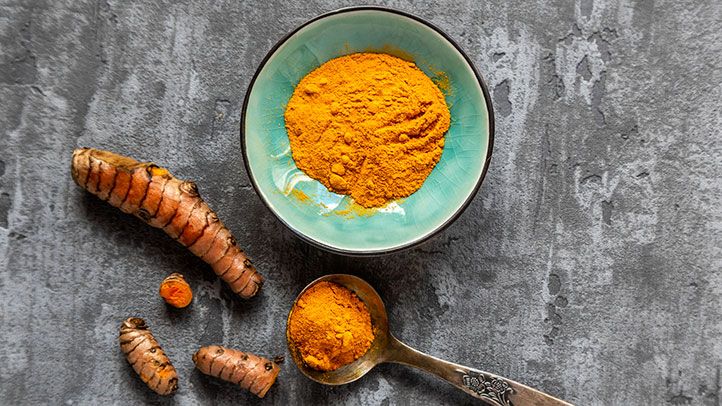The Final Word: Can Turmeric or Curcumin Help Treat Schizophrenia?
“The use of curcumin [as a treatment] is not accepted right now in the field of psychiatry,” says Dr. Ritchie. “There’s some promising research, but these are small, preliminary studies.
“It’s too early to recommend it, because we need more research from larger trials,” she adds.
Still, one of the reasons these findings are particularly promising is that while antipsychotic medications do a good job of treating the “positive” symptoms of schizophrenia, such as hallucinations and delusions, the negative symptoms “are resistant to all psychotics,” she says. As mentioned, the aforementioned studies found that curcumin helped with the negative symptoms.
If you have schizophrenia and you’re interested in learning more about whether adding turmeric or curcumin supplements to your treatment plan could help, talk to your doctor before trying any new supplements.
Also, it’s important to consider your overall health before you take curcumin, she adds. This is because curcumin could interact with anticoagulant drugs, aggravate gallstones, and lower blood sugar levels.
This doesn’t mean you can’t use turmeric or curcumin in your cooking. So consider adding the fragrant spice to curries, soups, and stews, eggs and omelets, roasted vegetables, or even warm milk. For a soothing treat, consider making a golden latte with unsweetened almond milk, grated ginger, turmeric, cinnamon, and a drop of honey.













